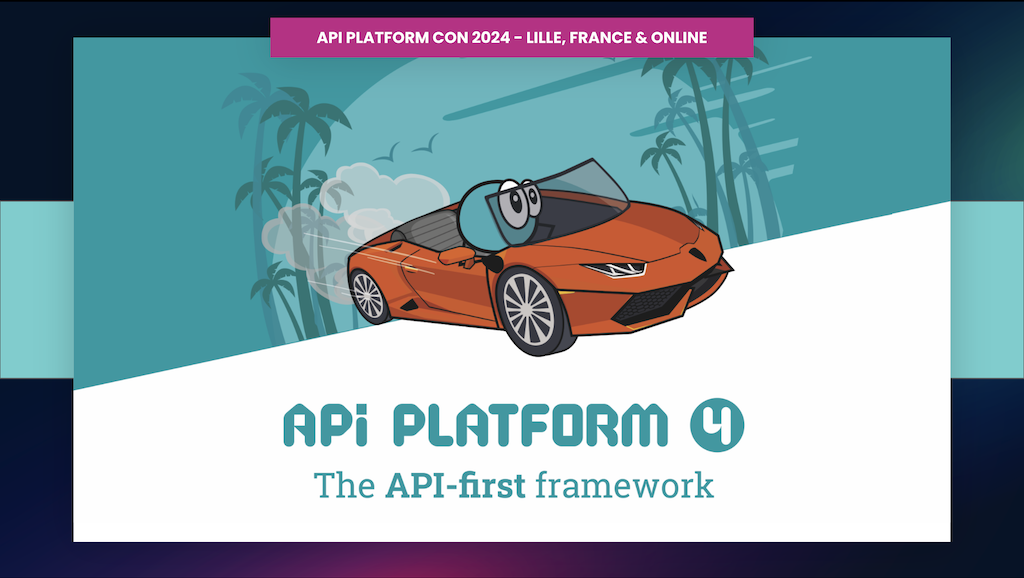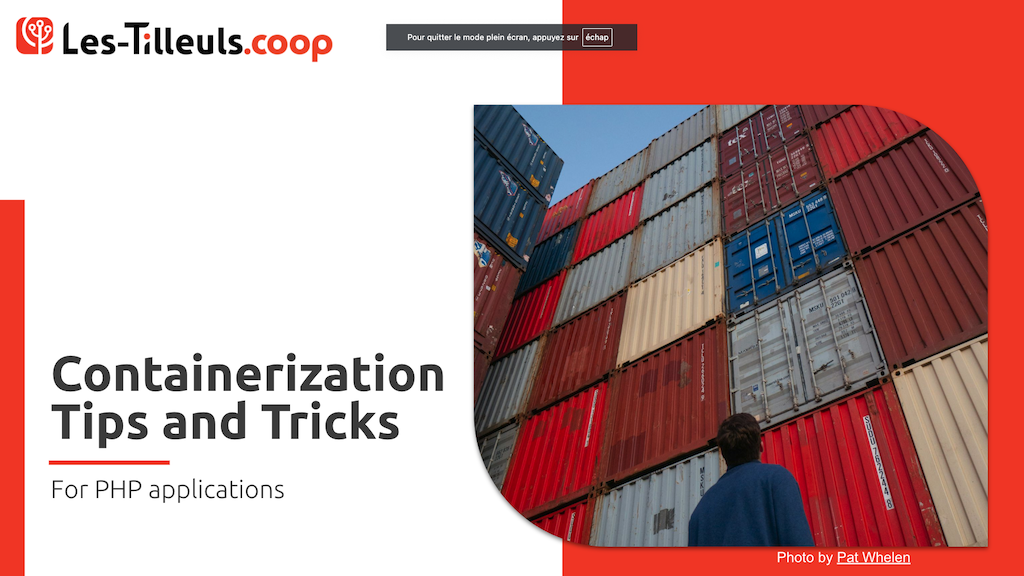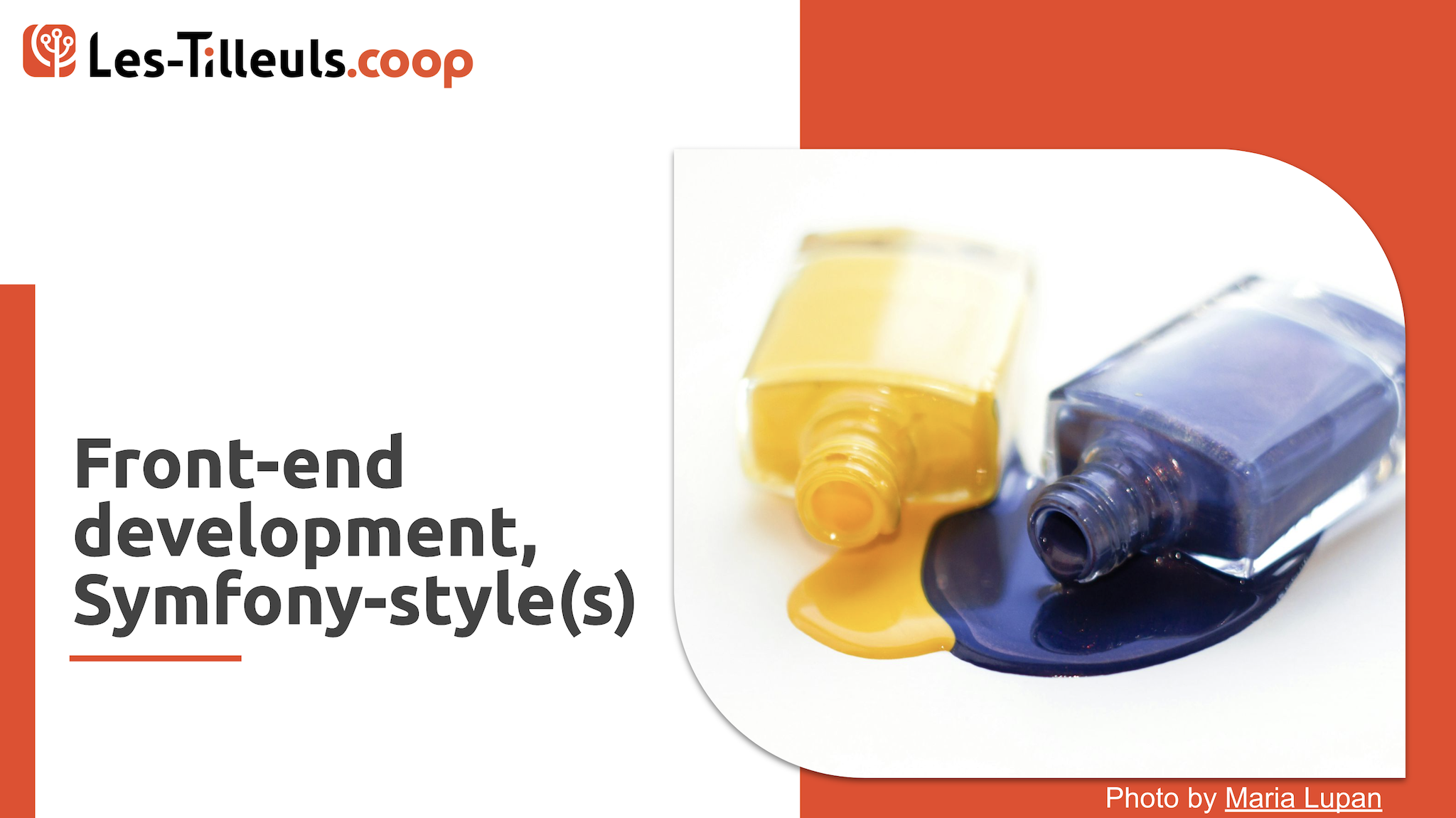API Platform 4 was released today during the API Platform conference. It now officially supports Laravel! Let’s get started: Check out our brand new “getting started” guide for Laravel.
Containerization Tips and Tricks for PHP apps
API Platform was one of the first PHP frameworks to provide native support for Docker, Docker Compose, Kubernetes, and, more recently, Skaffold. The API Platform skeleton also served as the basis for Symfony Docker, the most popular solution for containerizing Symfony projects. These years of developing skeletons compatible with dev environments, continuous integration chains, and…
Front-end application development, Symfony-style(s)
We recently introduced the AssetMapper component and Symfony UX to make the most of the web platform and reduce the amount of JavaScript code to the absolute minimum. This “radically simple” approach is generally the most efficient, and should be the go-to method for most new Symfony applications. However, API-based, JavaScript-heavy applications are still inevitable…


